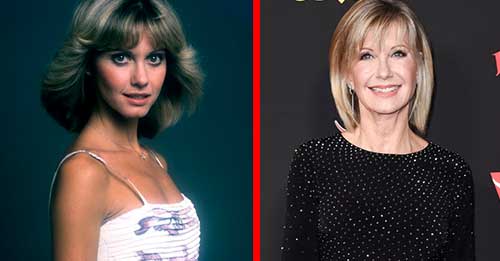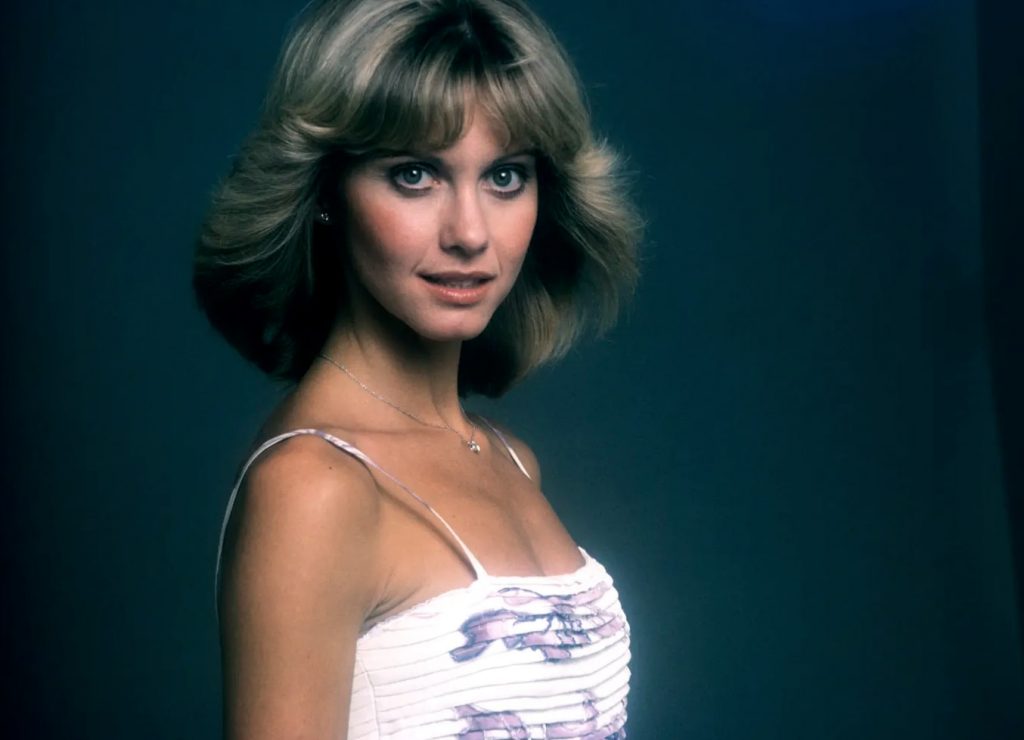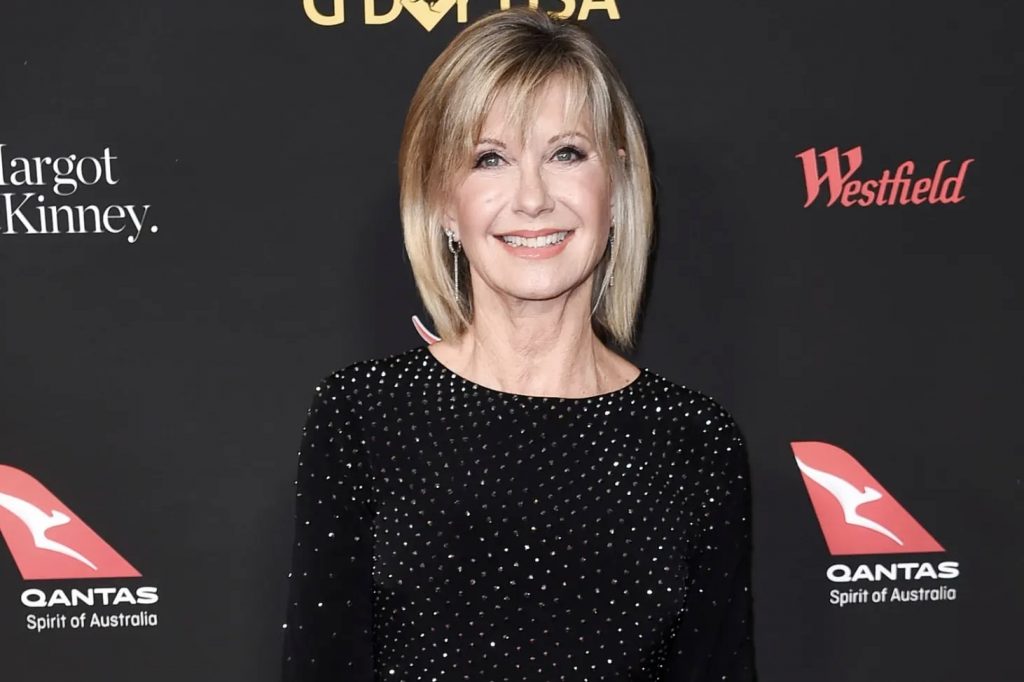How did an English expat girl from Melbourne’s suburbs become one of the world’s biggest pop artists before TikTok, before MTV, before the Australian music industry established itself as a worldwide export operation?
Before the internet age’s great leveling, breaking into the American pop market to the tune of Olivia Newton-John’s 1970s victory was extremely rare. Helen Reddy and Men at Work came close, but just just. Geffen Records notably dismissed Kylie Minogue owing to low record sales during the height of her extraordinary popularity in the United Kingdom and Europe.
Even those who achieved some fame in the United States were never able to match Newton-John’s achievements. She is Australia’s most financially successful female performer, having sold an estimated 100 million recordings.
In many respects, Newton-John’s singular, long-lasting win can only be described in the words of John Lennon at the height of Beatlemania: “If we knew, we’d join another group and be managers.”
Yet history bears the imprints of a hidden society of managers, composers, producers, and other backstage players who paved Olivia’s path from Melbourne TV talent show at the age of 16 to Grammy Awards for record of the year (I Honestly Love You) and best pop voice at the age of 25.
According to music historian Clinton Walker, the “gumnut mafia” was a clever league of Australian business people in 1960s London, most notably Adelaide expat Robert Stigwood, whose record company RSO Records got its stride when the Bee Gees sailed from Sydney into his open arms in 1967.
However, Walker finds another significant Aussie invader of that golden age in his next book, Suburban Songbook, which will be released by Goldentone in 2021. The late Peter Gormley, who brought Australian-raised yodeller Frank Ifield to the UK in 1959 and made him a sensation, remains a “mystery man,” according to the author.
Cliff Richard and his band The Shadows were also handled by Gormley. Soon, his Savile Artists roster would include Judith Durham and Olivia Newton-John, who would marry The Shadows’ guitarist and composer Bruce Welch.
“The bosses in pre-Beatles British pop were Australians,” Walker adds. “I’m not sure how Gormley found Olivia, but he took her in, and of course, when Pat Carroll and John Farrar moved over there, Farrar formed a band with those Shadows guys [Welch, Hank Marvin, and Farrar].”
Carroll and Newton-John made little inroads on the UK TV and cabaret circuits as a pair, but once Carroll went to Australia, her husband Farrar took up the role of lyricist and producer in Newton-tale. John’s He and Welch orchestrated the classic murder song Banks of the Ohio and released her debut studio album, Banks of the Ohio, in 1971.
“Farrar was a guitarist and vocalist in the Melbourne band the Strangers,” says Ian McFarlane, editor of The Encyclopedia of Australian Rock and Pop. “They were huge in the 1960s and they were the house band for The Go!! Show,” a Channel 10 pop show presented by Ian Turpie, Newton-John’s ex-boyfriend.
Surprisingly, it was a British shoe merchant named Lee Kramer – “he made millions of pounds selling cowboy boots into England,” Walker writes – who helped her make the key move to Los Angeles in the early 1970s to capitalise on her agreement with MCA Records.
The gumnut mafia links, though, would persist. Farrar was Newton-producer John’s until 1989, collaborating with Stigwood’s RSO to create the Grease phenomenon and penning a run of No. 1 songs such as Have You Never Been Mellow, You’re the One That I Want, Hopelessly Devoted to You, and Magic. Physical was co-written in 1981 by Steve Kipner, a long-time Bee Gees associate. Newton-John was handled by Australian dynamo Roger Davies at the time, and he was in the midst of his epic journey from Sherbet to Pink.
Nonetheless, excellent commercial ties can only describe so much about the growth of a genuine worldwide superstar. “I’m not sure,” Walker admits. “I’m not sure how they promoted her or made it all work.” They must have had some fantastic songs. I assume it’s because she was such a breath of fresh air.”






